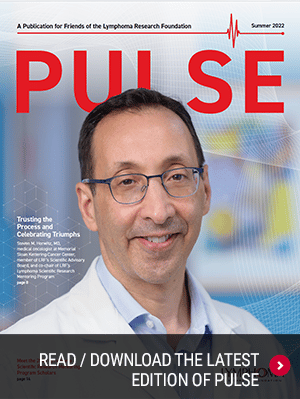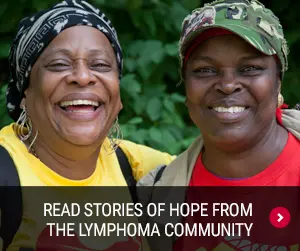
Latest News
Update Recommendations for Booster Shots
Updated: 2/17/2022
VISIT THE COVID-19 LEARNING CENTER FOR UPDATES AND HELPFUL RESOURCES
The Centers for Disease Control and Prevention (CDC) updated its COVID-19 vaccine recommendations for people who are moderately to severely immunocompromised and therefore vulnerable to COVID-19 because they are more at risk of serious, prolonged illness.
Booster Shots for Moderately to Severely Immunocompromised Individuals
Guidelines from the CDC recommend that any of the COVID-19 vaccines can be used for booster vaccination, regardless of the vaccine product used for primary vaccination. When a heterologous or “mix and match” booster dose is administered, the eligible population and dosing intervals are those of the vaccine used for primary vaccination.
The CDC updated guidelines recommends people who are moderately to severely immunocompromised receive a 3-dose primary mRNA COVID-19 (Pfizer-BioNTech COVID-19 vaccine or Moderna COVID-19 vaccine) vaccine series for people ages 5 years and older, followed by a booster dose in those ages 12 years and older.
The CDC updated guidelines now recommends that moderately and severely immunocompromised people (12+ years old that received Pfizer and 18+ years old that received Moderna) who had 3 total mRNA vaccine doses are eligible for a single COVID-19 booster dose (Pfizer-BioNTech or Moderna) at least 3 months (instead of 5) after completing their third mRNA.
People over the age of 18 who received a single dose Janssen primary series should receive a single COVID-19 booster dose at least 2 months (8 weeks) after completing their Janssen primaryshot. The CDC recommends that Pfizer-BioNTech or Moderna COVID-19 Vaccines are preferred over the Janssen COVID-19 Vaccine for primary and booster vaccination in most cases.
The Lymphoma Research Foundation (LRF) encourages people to talk to their healthcare provider about their medical condition, and whether getting an additional dose is appropriate for them. Below are recommended questions lymphoma patients, survivors, and caregivers can ask their healthcare provider:
- Can we please discuss the Centers for Disease Control and Prevention’s (CDC) recommendation for a third dose of the COVID-19 vaccine and booster for immunocompromised individuals?
- As a lymphoma/CLL patient or survivor, am I eligible to receive a third dose of the vaccine and booster?
- How soon after my primary two-shot series can I receive a third dose and/or booster?
- How soon before or after lymphoma/CLL treatment can I receive a third dose and/or booster?
- Should I receive a third dose and/or booster of the same vaccine I received previously (Pfizer-BioNTech COVID-19 vaccine or Moderna COVID-19 vaccine)? What should I do next if I received the Johnson and Johnson vaccine?
- Will the side effects from the third dose and/or booster be similar to what I experienced after the previous doses?
- What information should I provide to you (and other members of my healthcare team) regarding my vaccination status? Should I send you any information regarding the date or type of vaccine I receive?
- Can my caregivers or members of my household receive a third dose as well?
- What other protective measures can I take after vaccination to avoid COVID-19 infection?
Recognizing that members of our community may require additional education materials and services at this time, we want to encourage anyone in need of support to contact the LRF Helpline. The LRF Helpline is available to assist patients and their loved ones so that they can feel empowered to make the most informed decisions about their treatment and long-term care. The Helpline team can also connect patients to financial assistance, legal, and insurance resources. You may contact the LRF Helpline at 800-500-9976 or helpline@lymphoma.org with any of your lymphoma-related questions Monday through Friday from 9:30 am – 7:30 pm Eastern Time (ET).


